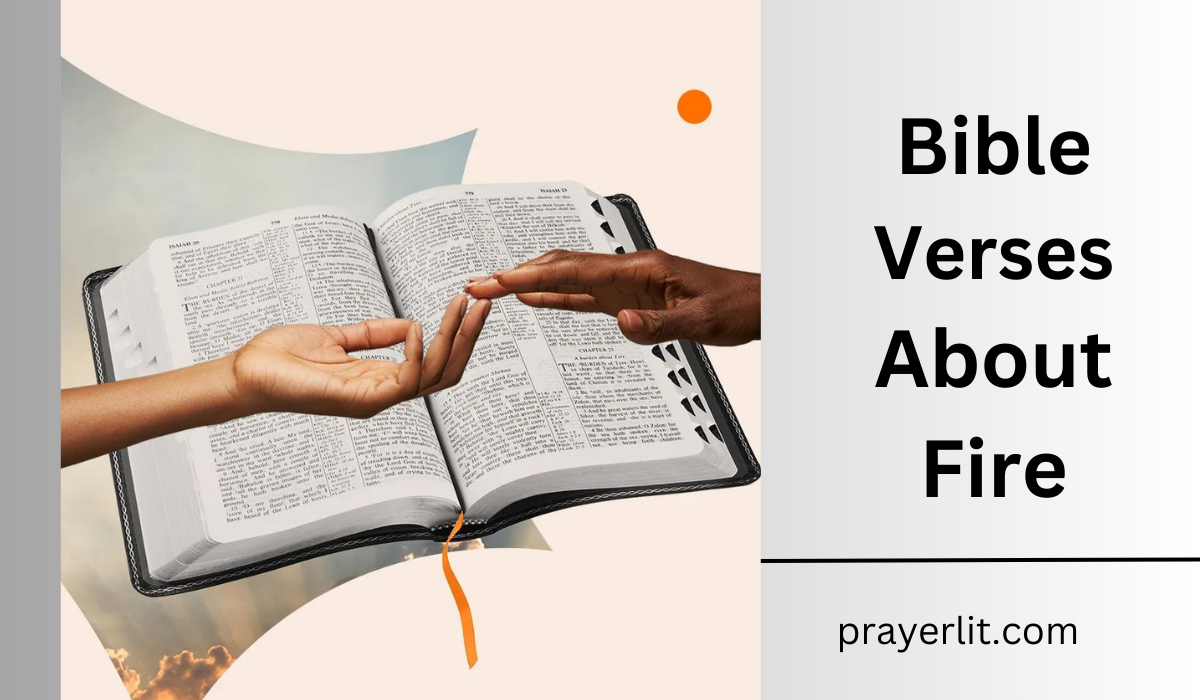Fire is a potent and frequently emblematic element employed in the Bible to express diverse spiritual truths. Throughout the bible verses about fire, it is referenced frequently, symbolizing God’s presence, His holiness, and His refining work in the lives of believers. Fire is central to the story of God’s work in the world, from the burning bush that Moses encountered to the tongues of flame that appeared over the disciples at Pentecost. Fire is used in the Bible as a symbol of purification, judgment, and empowerment, demonstrating God’s transformative work in the lives of His people.
The Old Testament uses fire as a symbol of God’s holiness and His fierce anger toward sin. Fire consumed the sacrifices presented on the altar, symbolizing their acceptance by God. Fire in the Bible, whether as a consuming flame or a guiding light, illustrates God’s unwavering care for His people, guiding them through challenging times. The link between fire and divine judgment is also notable, serving as a reminder of the gravity of sin and the necessity of repentance.
Receive Daily Prayers in Your Mailbox
Need help with prayers? Subscribe to receive daily prayers and devotionals.

In the New Testament, fire is understood more profoundly and is frequently used as a symbol for the Holy Spirit’s activity in the lives of believers. Christians are empowered to live boldly and witness to the Gospel through the gift of the Holy Spirit, which is described as tongues of fire. Fire symbolizes the fervor believers ought to possess for Christ, as well as the refining process that bolsters faith. Much like fire refines gold and silver, the Holy Spirit acts in the hearts of believers to eliminate impurities and cultivate a character that reflects Christ.
Fire is also employed in Scripture as a motivator for believers to stay resolute in their faith. Just as fire can light up a way in the dark, so does God’s Word direct His people. According to the teachings of the Bible, fire can be a source of illumination, heat, and change when it is in accordance with God’s intentions. However, it can also pose a threat if used improperly. We can gain a better understanding of the multifaceted role of fire in Scripture—acknowledging both its purifying power and its ability to bring new life through the work of the Holy Spirit—by examining key Bible verses about it.
